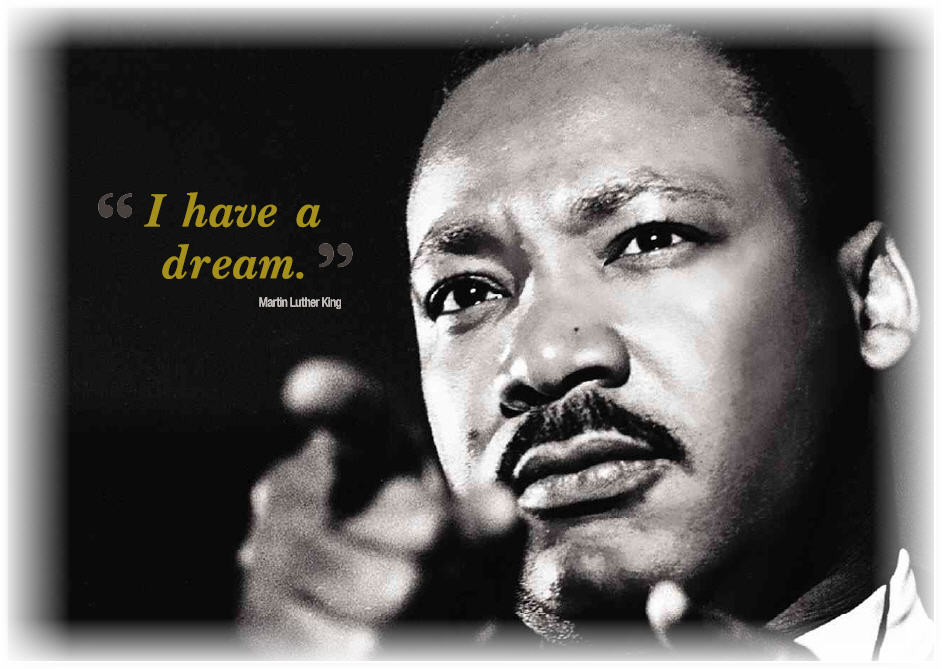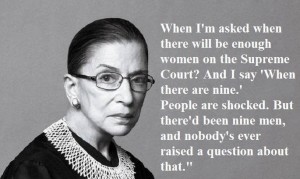
Although summer break is now upon us, it’s hard to forget that just a few short weeks ago, I received THE green permission slip home in my fourth grader’s hand. That permission slip is the form that permits all fourth graders at our elementary school to watch the first in a series of puberty videos that continue through the sixth grade year, delving into ever more pronounced detail about the ins and outs of growing up.
As a person who studies social concepts of bodies and sex, and also as the mother of three kids (two of whom have now been initiated into the mysteries of that video), it has been increasingly interesting to me to watch the transformation in my kids’ attitudes towards this particular topic. I delivered my first “birds and the bees” speech to my oldest child (now going into middle school) when she was the tender age of four. Although she was far younger than I imagined she would be when we first had that talk, she demanded one day to know where babies came from, and so I told her. Naturally, she was shocked, but (importantly) she was not ashamed, and it is on this point that I wish to focus, for when my middle child and I first had this conversation a couple of years ago, he — a much more laid back type — was not only also unashamed, but also unsurprised, as if he were living on a farm and had between witnessing maturation and reproduction all these years (he doesn’t, he hasn’t).
So you can imagine my interest when this same child came home a few weeks ago a changed person (in a different sense!). Yes, he’d seen the puberty video, and no, he didn’t have any questions; he already knew everything from our conversations, he reports. But something was clearly diffferent: for the first time ever when discussing this topic, he was embarrassed. To be abundantly clear, this was not the product of the video nor any awkward chat with a teacher or school nurse. Rather, he was embarrassed because he did not know that his friends would be embarrassed. For all of the facts that I shared with him, it seems that the one I failed to tell him was that other people would be uncomfortable when talking about their own bodies.
While we often describe a growing body-consciousness as a sign of maturity, this is likely better described as a particularity of our socialization, since not all people in all cultures experience this in the same way. Put differently, what we are squeamish or insecure about as a culture is usually closely connected to what our culture seeks to control and police. As this changes from place to place, there are hardly universal experiences that accompany growing up (or any stage of life, for that matter).
Our emotions, however, seem to belie this version of events, since what we feel often appears to be so automatic or natural. But as we know, if something were an innate part of our human biology, then assumedly virtually all humans would experience it. The fact that they don’t is a sign of the close relationship between emotions and socialization, one that Linda Kintz describes as a sort of “intimate training” wherein as part of our development into a fully functioning member of our culture, we are taught how to feel about certain things just as much as we are taught about them. Consider, for instance, that no one is born racist or sexist; the emotions that inspire those particular forms of social interaction are taught very subtly and over long periods of time, and probably without a lot of overt conversations on “how to be a racist (sexist, etc.).”
Kintz’s larger point is that trying to explain the platforms of a group by appealing to logic is a somewhat lost cause because emotions form their own logic, or as Kintz would put it, what we find logical is what feels familiar. This is, in my mind, a much better foundation from which to start analyzing group dynamics. In this case, a widespread perception of bodies as embarrassing and inadequate and a related belief in sex as something taboo has produced a series of shared cultural feelings that, even if not individually embraced by all, help create a larger climate of discomfort. This is evidenced through the very sorts of permission slips and other institutional structures that must be put into place before broaching this particular subject, for perhaps it goes without saying that I do not sign permission slips for my kids to study math, science, reading, or art.
Sex and maturing bodies, then, are not intrinsically sensitive, shameful, or delicate topics, but are rendered so through the cultural lenses through which we view them. In this case, these moments of intimate training are far less about telling kids about “the facts of life,” but also the associated feelings that our culture says go with those facts.
photo credit: https://www.youtube.com/watch?v=q3_thfe_hHo







 While sitting in the lobby of one of the conference hotels during our
While sitting in the lobby of one of the conference hotels during our 
